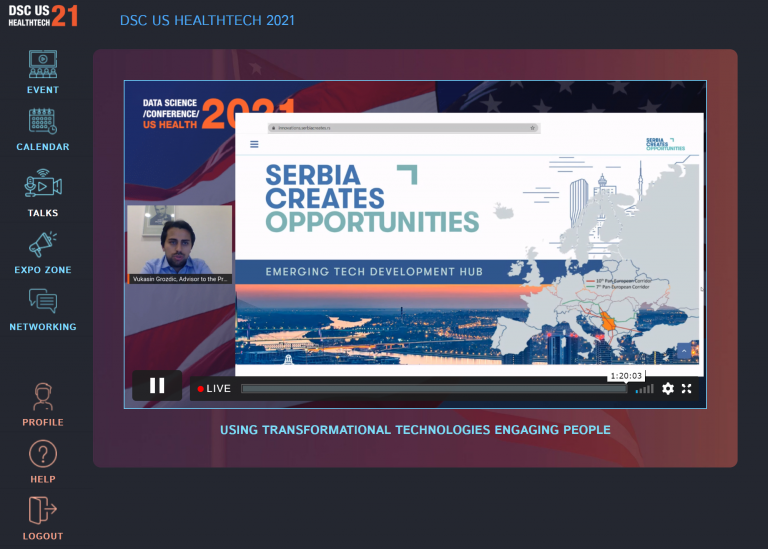The pandemic is over! OK, it is not officially over because no one has declared that. But suddenly, not even one media channel broadcasts news about this cruel disease. That was enough for people to quit quarantine and return to regular life. Some aspects of life are restored to the previous level, but some are not. The pandemic impacted many industries, one of which we are particularly interested in. You are probably guessing; it is the conferencing industry.
During the pandemic, there were almost no live events. Some organisers cancelled their events, but some adapted to new circumstances and took the only way to continue the business journey. So, most events were virtual or hybrid events.
In the past twelve months, all virtual/hybrid events are gone. It was to be expected because people are hungry for personal contact, for seeing each other, and old fashion communication without screens or headphones. Many conference organisers hurried to organise events and took advantage of this motivation.
So, what will happen next? Will Virtual events remain popular Post-Pandemic?
The results of research as well as the predictions of industry experts, go in a similar direction. After the initial “eruption” of live events, the market will re-establish balance. The conditions will again be made for the realization of a trend that started even before the pandemic.

What can we expect? What exactly does that mean?
The future of conferencing is undoubtedly bound to a hybrid event model. As in the past, fewer people could, and will in the future, attend the conference live. However, with technology now supporting conferencing, those who could not participate in events (because of the price, distance, or any other obstacle) are now getting this opportunity. We are building a more inclusive audience simply by providing the means to bring them to the conference as attendees.
Conferencing platforms now provide networking options, introductory 1:1s, discussion tables, etc. They provide agility, so you can switch to any content on the menu if you realise that the topic and speaker are irrelevant to you.
There are other advantages of using a virtual event model that has been observed and tested during the pandemic. The benefits go hand in hand with the global digitalisation that has been taking place in recent years.
Virtual Events Post-Pandemic benefits
- Lower organisational costs
It is significantly cheaper to organise virtual than live events. The high price of live events is influenced by several costs – conference space rental, food & beverages organisation, aeroplane tickets for lecturers, hotel accommodation for lecturers… I won’t even mention the time it takes for all these actions to be synchronized and completed. - Faster and easier event organisation
- Larger audience
- Greater availability and engagement of participants
- Availability of keynote speakers
- Deeper analytics insights

These advantages, as well as the unstoppable trend of digitalisation, will influence virtual events to become popular again. That means platforms for organising virtual events like Mercurylivestream will shine on the internet sky for many years. Virtual Events Post=Pandemic are here to stay and help your business succeed – according to Forbes in the article “Lessons From The Pandemic About How To Succeed With Virtual Events”.
Progress has always brought some level of uncertainty, and maybe even a little fear, but history has taught us that humans can adapt to almost anything. On the other hand, these are turbulent times, predictions can be questionable, and no one can say what will happen in the next couple of years. A simple recipe for this is: to notice changes, follow the trends, and do our best to adapt to them.



